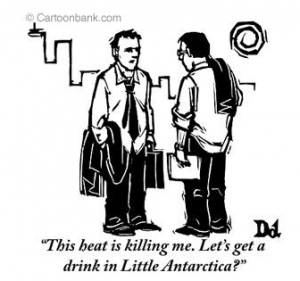Following our discussion on Thursday, defining terms — Democracy, Socialism, Communism, Capitalism and The Yankees — several parallel stories have appeared that suggest the struggle and the tension we discovered in our exercise, in our discussion.
Please examine these, carefully, and again per group (each group, except one, still is behind and has to do the Scott Page post), determine HOW these stories define Democracy/Capitalims/Us and HOW these stories parallel Empire of Illusion.
The first story is from Terry Gross’s Fresh Air, ” ‘Citizens United’ Ruling Opened Floodgates on Groups’ Ad Spending.”
The next 2 are not stories, but rather, commentaries. First, Bob Herbert, writing for the New York Times, in Policy at its Worst, tells us that, “We can’t put the population to work, or get the kids through college, or raise the living standards of the middle class and the poor. We can’t rebuild the infrastructure or curb our destructive overreliance on fossil fuels.”
The next opinion, also from the Times, is by Charles M. Blow, High Cost of Crime. Here, Blow informs us that, “Our approach to this crime problem for more than two decades has been the mass incarceration of millions of Americans and the industrializing of our criminal justice system. Over the last 25 years, the prison population has quadrupled. This is a race to the bottom and a waste of human capital. A prosperous country cannot remain so by following this path.” Take a look at how much a single murder costs — then ask yourself: why do we incarcerate more people than anyone else in the industrial world?
The last story, which parallels Hedges’ chapter, “The Illusion of Wisdom,” and written by the indefatigable Camille Paglia, was sent to me by Izzy Ocampo. In “Revalorizing the Trades,” Paglia asks, “what if a student wants a different, less remunerative or status-oriented but more personally fulfilling career?” She responds to her question, saying that, “There is little flexibility in American higher education to allow for alternative career tracks.”
In a moment, Paglia sounds a lot like Hedges:
Jobs, and the preparation of students for them, should be front and center in the thinking of educators. The idea that college is a contemplative realm of humanistic inquiry, removed from vulgar material needs, is nonsense. The humanities have been gutted by four decades of pretentious postmodernist theory and insular identity politics. They bear little relationship to the liberal arts of broad perspective and profound erudition that I was lucky enough to experience in college in the 1960s.
Examine each of the stories and the editorials, then discuss, online, how all this fits our notion of the struggle for democracy, our struggle for the truth?
